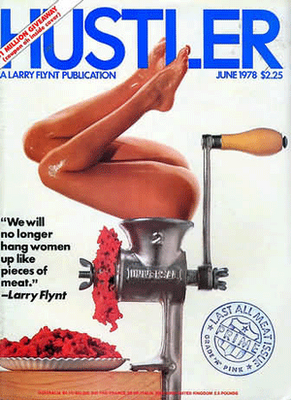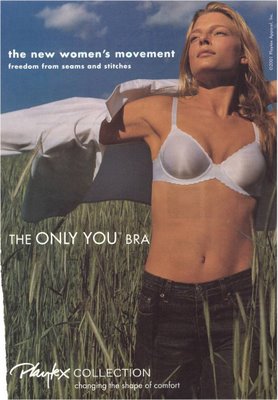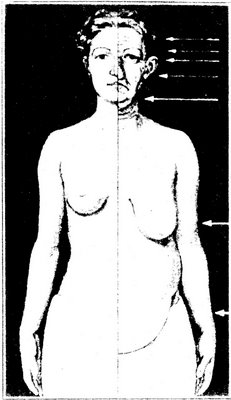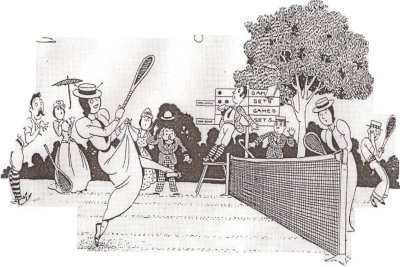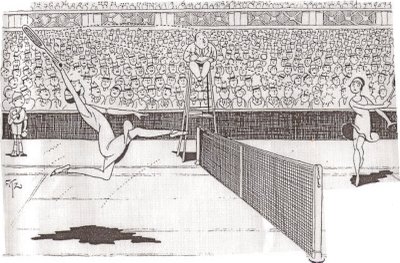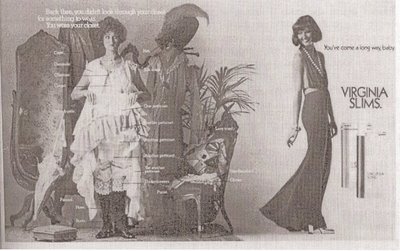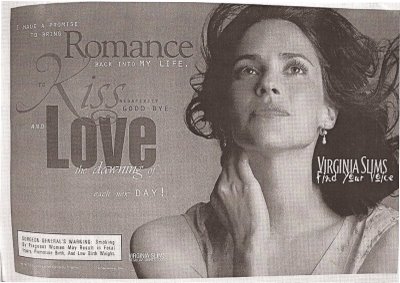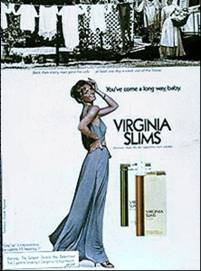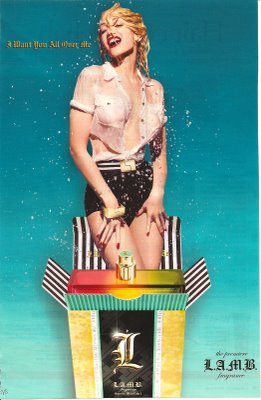
This is an ad for Gwen Stefani’s L.A.M.B. line’s cologne. The text next to her face says, “I want you all over me.” I’ll leave it to you to decide if the look of ecstasy on her face and the droplets showering her body imply she’s being sprayed with anything other than water.
I found this ad in Entertainment Weekly.

